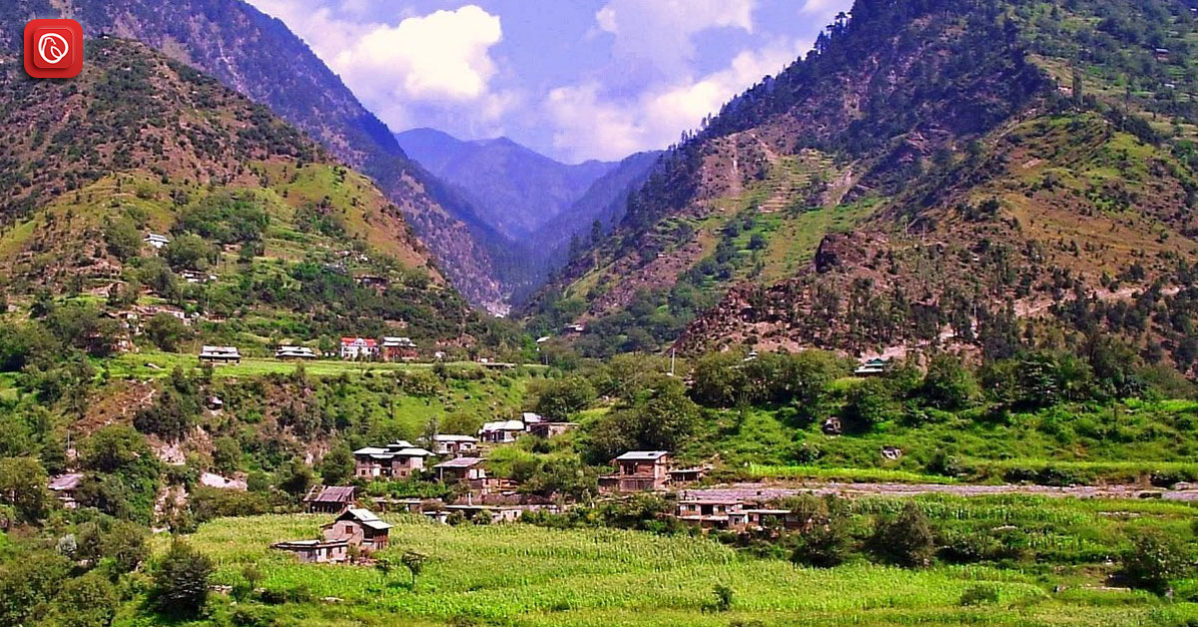
Kahuta, located in the Rawalpindi District of Pakistan, boasts a modern history intertwined with the nation’s military advancements. The transformation of the city occurred during British rule, and it continues to be shaped by its association with Pakistan’s defence establishment. Graana.com has prepared a comprehensive guide on Kahuta; let’s explore this military gem in this blog.
| Category | Description | Information |
| Total Population | As per 2023 Census | 290,576 |
| Ethnicity | Dominant ethnicity | Punjabi |
| Religion | Pre-Partition | Majority Muslim, with minority Hindu and Sikh populations |
| Religion | Post-Partition | Overwhelmingly Muslim |
| Languages | Primary language | Punjabi |
The founding of the modern city of Kahuta is attributed to James Abbott, a British officer who served in the region during the 19th century. However, it remained a small, unremarkable town until the latter half of the 20th century. The turning point arrived in the 1970s with the commencement of a project that would redefine Kahuta’s identity: the construction of the Kahuta Research Laboratories (KRL).
KRL, shrouded in secrecy, is widely believed to be a key facility in Pakistan’s nuclear weapons program. The project, undertaken by the Pakistan Army Corps of Engineers under the leadership of Major-General Zahid Ali Akbar, marked the beginning of Kahuta’s rapid development.
The influx of personnel associated with KRL necessitated the creation of infrastructure to support a growing population. Residential areas, educational institutions, and healthcare facilities mushroomed to cater to the needs of the KRL workforce and their families.
Kahuta’s development, however, came at a cost. The city’s association with KRL attracted international scrutiny and heightened security measures. Access to the city became restricted, and information about its inner workings remained tightly controlled. This secrecy, while ensuring the project’s progress, also shrouded Kahuta in a veil of mystery, hindering its potential for broader economic growth.
Despite the limitations, Kahuta’s significance extends beyond its role in nuclear development. The city serves as a vital centre for scientific research and technological expertise. KRL, along with other associated facilities, is believed to house a pool of talented engineers and scientists who contribute to Pakistan’s self-reliance in defence technology.
The city’s growth has also spurred the development of the surrounding areas. Kahuta acts as a hub for the nearby towns and villages, providing educational opportunities, healthcare services, and a market for local produce.
The construction of the Karakoram Highway (KKH), a vital trade route connecting Pakistan and China, further enhanced Kahuta’s strategic importance.
Looking ahead, Kahuta’s future remains intricately linked to its role in Pakistan’s defence strategy. The city’s continued development will likely hinge on its ability to leverage its scientific expertise for broader economic diversification.
Exploring avenues for technological collaboration in civilian sectors, while maintaining national security, could be a key factor in Kahuta’s future prosperity.
While Kahuta’s fame stems from its role in national defence, the city itself doesn’t boast many traditional tourist attractions due to security restrictions. However, the surrounding region offers a glimpse into the natural beauty of the area and the local culture. Here are some interesting places you might consider exploring near Kahuta:
It’s important to note that due to security concerns, some areas might require special permits for access. It’s always best to check with local authorities before embarking on any exploration near Kahuta.
There are some top colleges in the city that offer various education programs to students. Let’s discuss some of the top names in the city with respect to education:
Kahuta doesn’t have its own airport or train station due to its focus on national security. However, its proximity to Islamabad makes it easily accessible by road. Here are the two main options for reaching Kahuta:
In conclusion, Kahuta’s modern history is a captivating narrative of transformation. From a small town to a city synonymous with national security, Kahuta’s growth has been fuelled by its association with a sensitive project. As Pakistan charts its course in the 21st century, the city stands at a crossroads, with the potential to become a centre for not just military advancement but also scientific progress and economic development.
Following are some of the top FAQs on Kahuta.
Kahuta is known for being the location of the Kahuta Research Laboratories (KRL), a facility believed to be central to Pakistan’s nuclear weapons program. This association with national security has shrouded the city in secrecy.
Kahuta is generally considered safe, with a low crime rate. However, due to its focus on national security, access for foreigners might be restricted. It’s advisable to check with Pakistani authorities beforehand, especially if you’re not a citizen.
Kahuta doesn’t have an airport or train station. The most convenient way to reach the city is by taxi or rented car from Islamabad. The journey takes approximately 40-50 minutes, depending on traffic.
Kahuta doesn’t have many traditional colleges. However, there are options like Govt College Kahuta, Government College for Women, and the Bahria Foundation College Kahuta Campus.
For more details visit Graana blog.
The Pakistan Engineering Council and the Capital Development Authority have agreed to collaborate on raising…
Feb 7 (Reuters): Saudi Arabia on Saturday unveiled a wide-ranging investment package for Syria covering…
Islamabad: The Federal Board of Revenue (FBR) has issued revised valuation rates for immovable properties…
Riyadh: Saudi Arabia has completed what it described as a global first in capital market…
Rawalpindi: The Rawalpindi Development Authority (RDA) has introduced strict safety measures for all construction sites…
Islamabad: The Securities and Exchange Commission of Pakistan (SECP) has registered three new Real Estate…